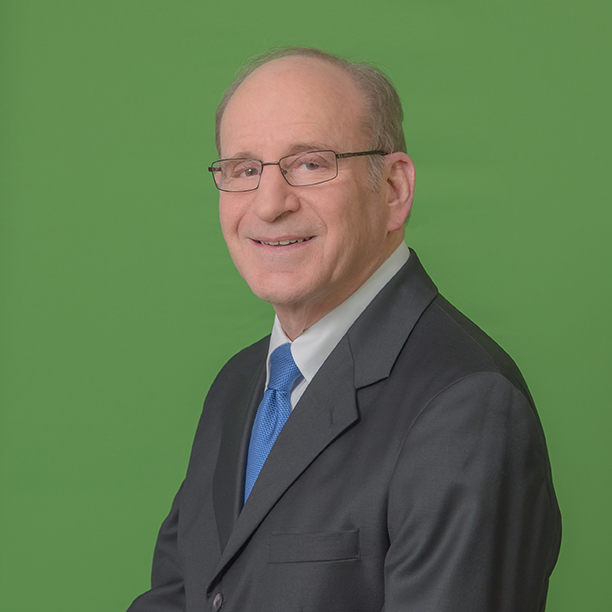The worst thing for me is to be in denial
Thomas Phillips is accustomed to dealing with challenges head-on. He was vice president of mergers and acquisitions (M&A) for a major telecom manufacturer. As a senior financial analyst, he would do one-on-one presentations to the chairman of an $8 billion company. He’s been a sought-after consultant, helping companies navigate strategic alliances. Diplomatic when the situation calls for it, Phillips likes dealing with facts.

Two years ago, Phillips was confronted with a new fact: his brain wasn’t responding with the razor-sharp clarity that he’d come to expect.
“I like to do crossword puzzles with my wife (Nan) at breakfast and lunch,” he said. “That’s when I began to notice that I would know the words, but couldn’t write them down before they started to fade.” Then the rules of a complicated board game proved too challenging. “I wasn’t getting it,” he said.
After flunking a cognition test given by his internist, Phillips went to a memory clinic in Dallas where cognitive testing showed mild cognitive decline and a CT (computerized tomography) scan revealed plaque in his brain. Ultimately, he received an Alzheimer’s diagnosis at age 71.
Responding to the diagnosis
Phillips has been very deliberately open about his Alzheimer’s diagnosis.
“One of the first things we did was really important: we told everyone,” he said. “We called all the kids. We called friends and family. There was a lot of support. The kids and family don’t necessarily bring up my diagnosis, but when it comes up they will talk about it.”
Ironically, one challenge came from Phillips’ circle of close friends – a highly educated group (including a paleontologist, lawyer, psychiatrist/professor and a physician).
“They were more resistant (to accepting the diagnosis) than I was,” he said. “They were pretty up front about it.
They’d say: ‘I don’t see it.’”
Phillips acknowledges that the symptoms of his Alzheimer’s are not always apparent to people who don’t see him every day, being more pronounced when he’s stressed or sleep-deprived and more processing than memory related; “ I will realize that I’m not doing something right and not recognize what the next step is.”
However, he also wants to avoid taking solace from his friend’s denials.
“The worst thing for me is to be in denial,” he said. “That’s a terrible trap. Just because it’s harder for people to see doesn’t mean I can ignore it, and not do everything I can that might slow the progress of the disease.”
Going public
Phillips, who recently moved to Denver to be close to family and the mountains, believes there can be benefits from talking openly about his medical condition. That’s why he volunteered for the Alzheimer’s Association Early-Stage Advisory Group (ESAG) whose members speak to groups and the press about Alzheimer’s issues.
“I like the idea of talking about it,” he said. “I feel that some of the experience I’m having is worth relating. I like the idea of getting in front of people and saying there are things you can do…these things are helping me. Get the word out and get it out correctly. Stay active. Stay involved.”
Phillips also believes that people who are experiencing any of the 10 warning signs of Alzheimer’s disease should seek a diagnosis as soon as possible, recognizing that there are other medical conditions, including depression, nutritional deficiencies, side effects of medications and more that can mimic the symptoms of Alzheimer’s.
“When you see things like this, don’t sit on it,” he said. “There are things you can do.”
Phillips, whose mother suffered from Alzheimer’s disease, will be doing his part on the Association’s ESAG. He’s brushing up on his presentation skills and looking forward to sharing his experiences with people across the country.
There are 76,000 Coloradans among the 6.7 million people in the U.S. living with Alzheimer’s disease. To learn more about the programs and services offered at no charge by the Alzheimer’s Association, go to
alz.org or call the Association’s free 24/7 Helpline at 800-272-3900.
Alzheimer's Association
The Alzheimer's Association leads the way to end Alzheimer's and all other dementia — by accelerating global research, driving risk reduction and early detection, and maximizing quality care and support. Our vision is a world without Alzheimer's and all other dementia.™ For more information, visit www.alz.org or call the 24/7 Helpline at 800.272.3900.